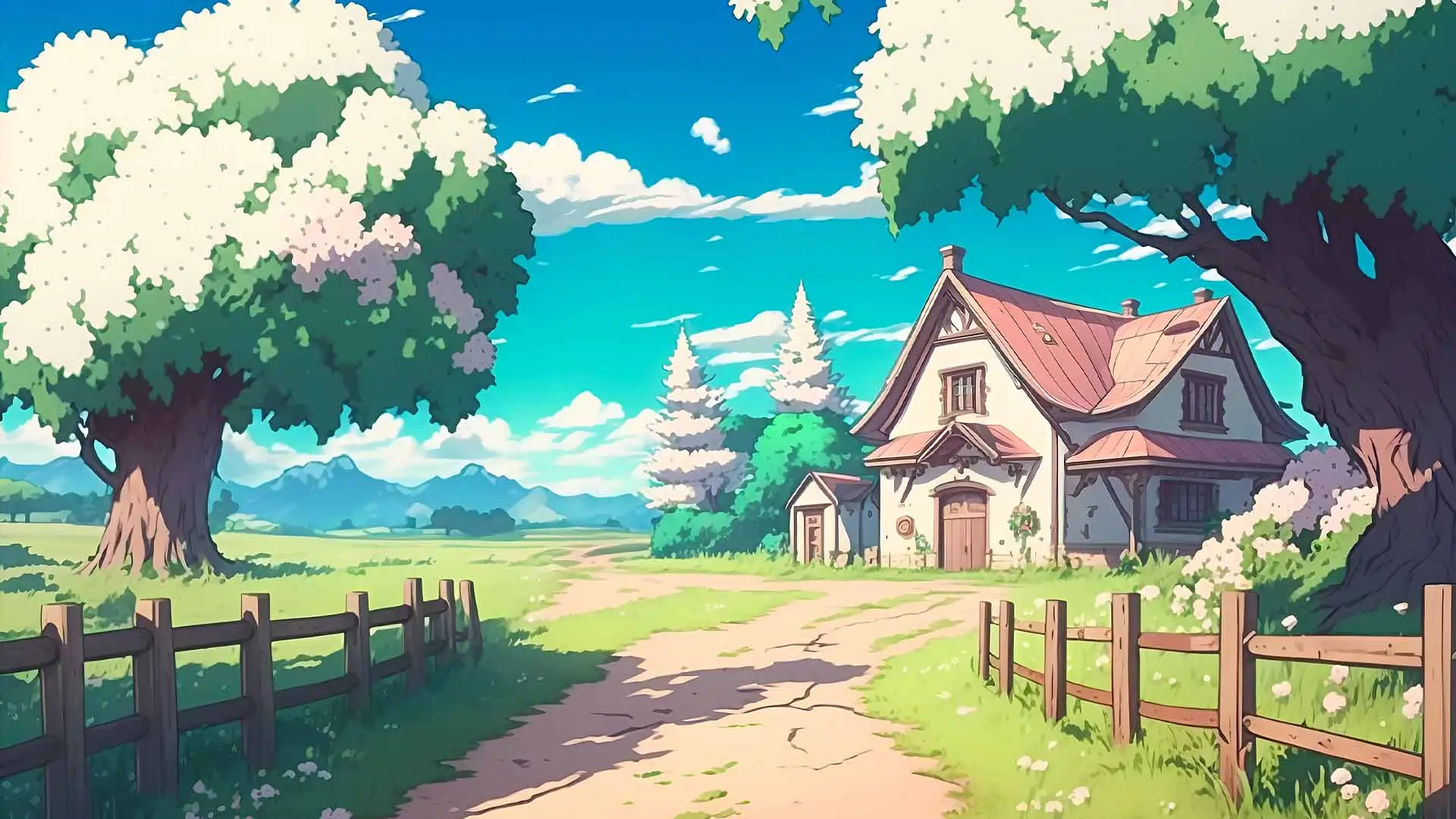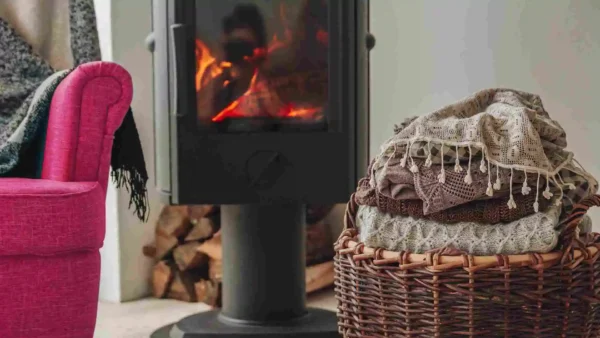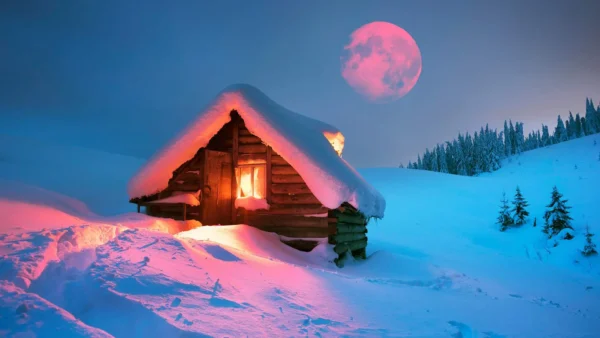Have a cottage that you only use during the summer? There’s a lot that can happen over the course of the winter months while you’re away. Let’s take a look at some of things you may encounter when opening your cottage this spring, and what steps you can take to minimize damage and ensure a hassle-free cottage season.
Wind damage
Canadian winters are long, cold and windy. There’s a lot that can happen between closing day in October and reopening in May. So if you’re opening your cottage this spring, what can you expect to find?
“When we’re opening a cottage, the first thing we do is a detailed inspection of the property, to see what didn’t do well,” says Ken Pickering, owner of Husky Property Maintenance in Midland, Ontario. “Winds during the winter tend to be 20-25% stronger than in the summer, so often what we find are soffits and fascia that’s been blown apart, and rodents get in.”
Another common problem is damage to window screens. These are quite often blown off during windstorms, and because they are generally quite flimsy, they can easily be damaged beyond repair. These aren’t cheap to replace because they are not a standard size.
Be observant. Small things today can turn into big problems once wind or water have their way over time.
Ken Pickering, Husky Property Maintenance
Water damage
There are three kinds of water damage that are quite common with cottages. The first comes from burst pipes. If you don’t properly drain and winterize your water system when shutting down your cottage in the fall, the pipes can freeze and burst. With no one there to shut the water off, damage can be extensive.
And water issues are not limited to the buildings on the property. Problems with grading and drainage can cause significant damage to landscaping, driveways and more.
“Drainage issues rear their ugly head in the spring,” says Pickering. “People add an extra parking spot or pile wood somewhere to keep it out of the way. This can divert water from the spring thaw toward their foundation or crawlspace, or cause erosion. We see culverts getting backed up, and sometimes the edge of your driveway gets washed out.”
Shoreline erosion is also becoming more of a problem for an increasing number of cottage owners. This can often be mitigated with retaining walls and other erosion control measures.
What is covered by insurance and what isn’t?
A big difference between cottage coverage and other types of home insurance is that cottages are usually unoccupied for long periods of time. Insurance covers sudden and accidental damage, but if the damage gets a lot worse because nobody is there to take remedial action, then any damage that happens after the fact is almost always excluded, meaning it won’t be covered.
Here are some of the most common problems you might find when opening your cottage, and whether they are covered by insurance.
- Wind damage to roof: Wind can sometimes cause a hole to open up in your soffits or fascia (the bottom part of your cottage’s roof). That damage is usually covered.
- Wind damage to screens: If strong winds blow off screens and they get bent or broken, this would typically be covered.
- Clogged foot valve: A foot valve goes at the bottom of a pipe that is meant to draw water from a lake or well. The valve prevents water from flowing back into the lake. If this valve gets clogged or calcified, it’s usually fairly easy to clean up. Either way, it’s considered maintenance and wouldn’t be covered.
- Water damage to landscaping: This is seldom covered because it is outside and exposed to the elements.
- Shoreline erosion: This is never covered by cottage insurance.
- Burst pipes: If a pipe bursts suddenly while people are in the cottage, any water damage would be covered. But in most cases, pipes burst in the winter because they weren’t properly drained and winterized. This is not covered.
- Animal damage: Read your policy carefully. Some insurance companies cover damage from certain animals like bears and raccoons, but damage from mice and insects is often excluded. If animals got in because nobody was there to seal up a hole in a window or roof, that damage is not likely to be covered.
Similarly if a fallen tree damages the roof or breaks a window during the winter, the damage done by the tree would be covered. But if no one is there to patch up the hole and weeks later rain or snow gets in and causes problems inside the cottage, that would likely be excluded because insurance law requires you as the owner of the property to take reasonable steps to prevent further damage.
An ounce of prevention
Pickering stresses the importance of properly closing your cottage in the fall, to prevent problems in the spring. “I always tell people, batten down the hatches in the fall. If something’s a little loose, it’s going to be fluttering in the wind for five months while you’re gone.”
Here are a few things that Pickering recommends doing when shutting down your cottage for the season:
- Removing window screens: “I live in the country and the wind can whip up something fierce, so I always take the screens off, particularly on the one side of the property facing the wind.”
- Winterizing pipes: “Water systems need to be done properly to avoid major problems.”
- Removing and cleaning foot valves: “Some people pull out the pipe and just leave it there instead of cleaning it, so all of a sudden the valve is encrusted, and you may need a new one.”
- Think before changing grading on your property: “As a landscaper I always tell people that I don’t own a level, because nothing I do is level. You need to make sure that water is flowing away from buildings and not pooling.”
“It’s all about inspection, Pickering says. “Be observant. Small things today can turn into big problems once wind or water have their way over time.”
Insuring your home away from home
Mitch has some great options for cottage insurance solutions to meet all your needs. Talk to one of our brokers for a free quote today!
Looking for home insurance?
Speak with a Mitch Insurance broker today to get a quote on Ontario home insurance. Learn more >
Call now
1-800-731-2228







